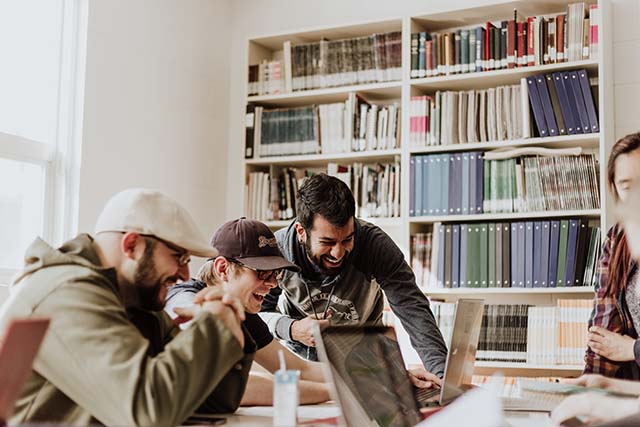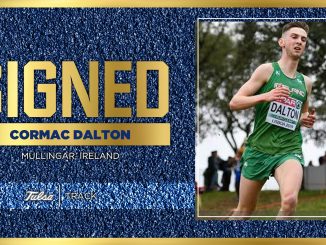
[dropcap]C[/dropcap]ollege students who have been working as essential workers during the pandemic believe all essential workers should be moved up on the list of priority to get the COVID-19 vaccine.
Ellen Murphy a third year Italian and Spanish student in Trinity College Dublin, working in a cafe said, “I think it’s a little bit unfair that the people who have been working and are seen as essential like retail staff, people working in shops such as Tesco that they aren’t being prioritised more.
“At one stage we were the only ones contributing, like paying taxes and putting ourselves and our families at risk so, a nice little bonus would be being moved up on the vaccine role out.”
The Provisional Vaccine Allocation Groups lists, “key workers in essential jobs who cannot avoid a high risk of exposure to COVID-19, they include workers in the food supply system, public and commercial transport and other vital services” as number 10 out of 15 on the list of priorities.
“I find it a little bit unfair because we were the only ones working and now, we are still working and there’s no sign of vaccines coming to us any time soon,” said Murphy.
Students have found that their work environment has become more difficult since the beginning of the pandemic.
Murphy said, “Working is definitely a bit more difficult during the pandemic because there are so many people, like people feeling unsafe coming into the store and you’ve to do everything you can for them.”
Students also felt nervous that by continuing to work they were putting their own families at risk.
“I was nervous about working during the pandemic. At one stage I was the only one in my house working and it meant that I was the only threat, I was the only one who was going to bring in anything during the pandemic so that was scary.” Said Murphy.
Rhiannon Maher a third-year Equine Science student in University College Dublin, working part-time in a grocer said: “At Christmas one of the girls I was working with tested positive for COVID and I was working on shift with her so I was a bit nervous then cause I’d been in and out to my granny, so nervous of passing it onto her.”
Essential workers have also had to deal with anti-maskers in their line of work, further putting themselves at risk of contracting COVID-19.
Maher said, “A few people came into the shop and they wouldn’t wear a mask. Like you know when people have just forgotten to wear a mask as opposed to just not wearing it like some people would come in and they’d be like holding their jumper up to their mouth and stuff as a mask. I suppose and they’d be apologetic for it.
“I remember a few people came in and they were just openly not wearing one and this was in the height of it and the people in the deli would say it to them, the people in the bakery would say it to them to put a mask on and they would say something like, oh I have asthma or some sort of breathing difficulty.”
Students working in essential services have also faced conspiracy theorists who refuse to wear a mask inside the shop.
“One woman came up to the guy at the door and when he asked her to wear a mask, she said COVID was all made up by the government and we were brainwashed so, he just didn’t let her in. Then she came back the next week trying to get in and obviously they didn’t let her in from the previous week, so then she said it was her civil right to not wear a mask.”
Although students have faced difficulties while working throughout the pandemic, they say it gives them an outlet to do something other than college work.
“You just get really bored sitting at home so, it’s actually really good going to work on the weekend or going to work during the week for a day or so. It gives you something to do if you know what I mean, other than your college work that you don’t necessarily want to do.” Said Maher.
Some students counted themselves lucky to be able to avail of the Pandemic Unemployment Payment (PUP) as they had more time to focus on college work.
Michael Clancy a second-year Computer Science student at Dublin City University said, “I had to stop working because of COVID I found it suited me better because I had more time to dedicate to studying. I do miss the social aspect of working but my grades have improved since I stopped.”
Michelle Cullen
Image credit: Unsplash



